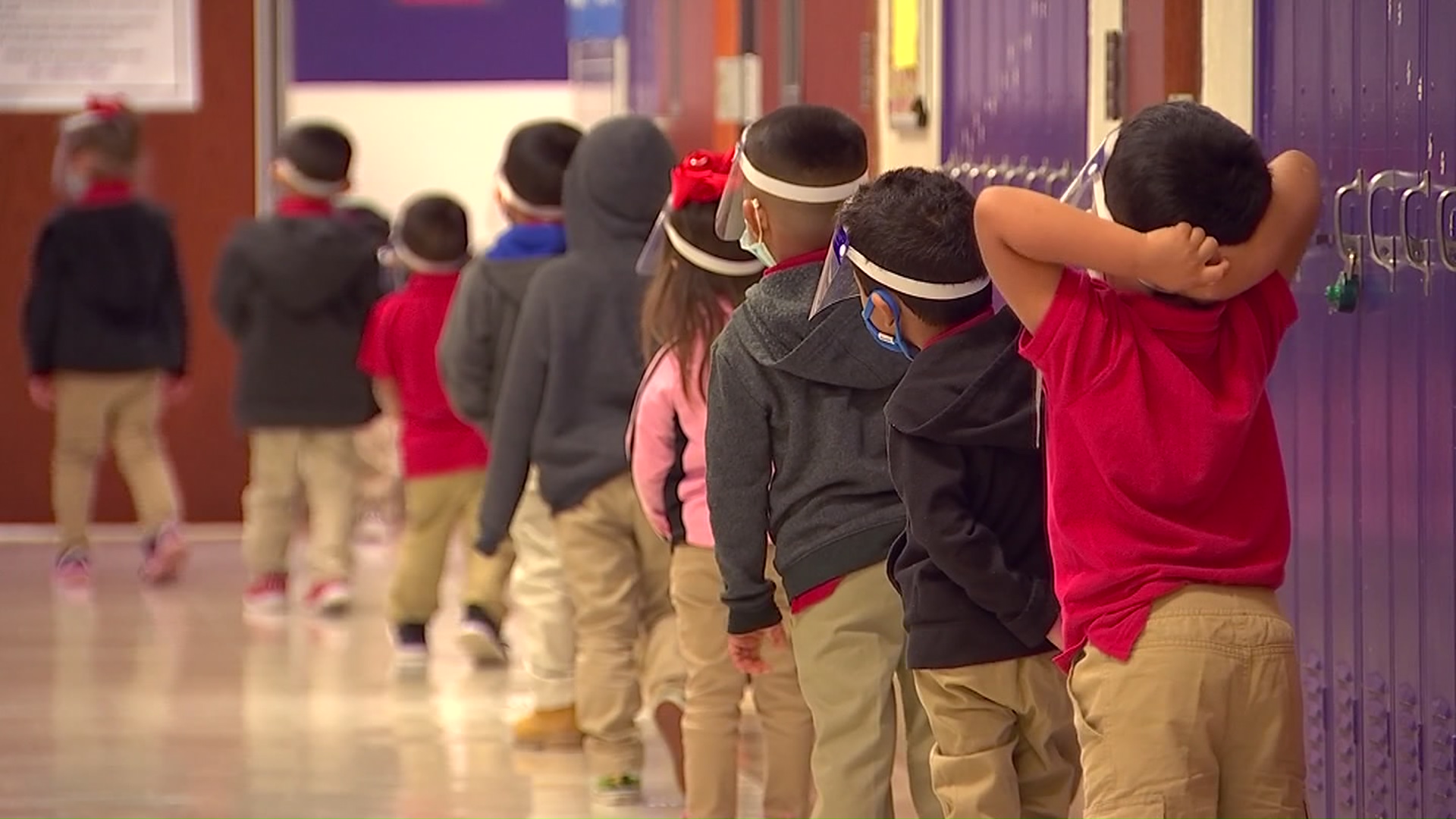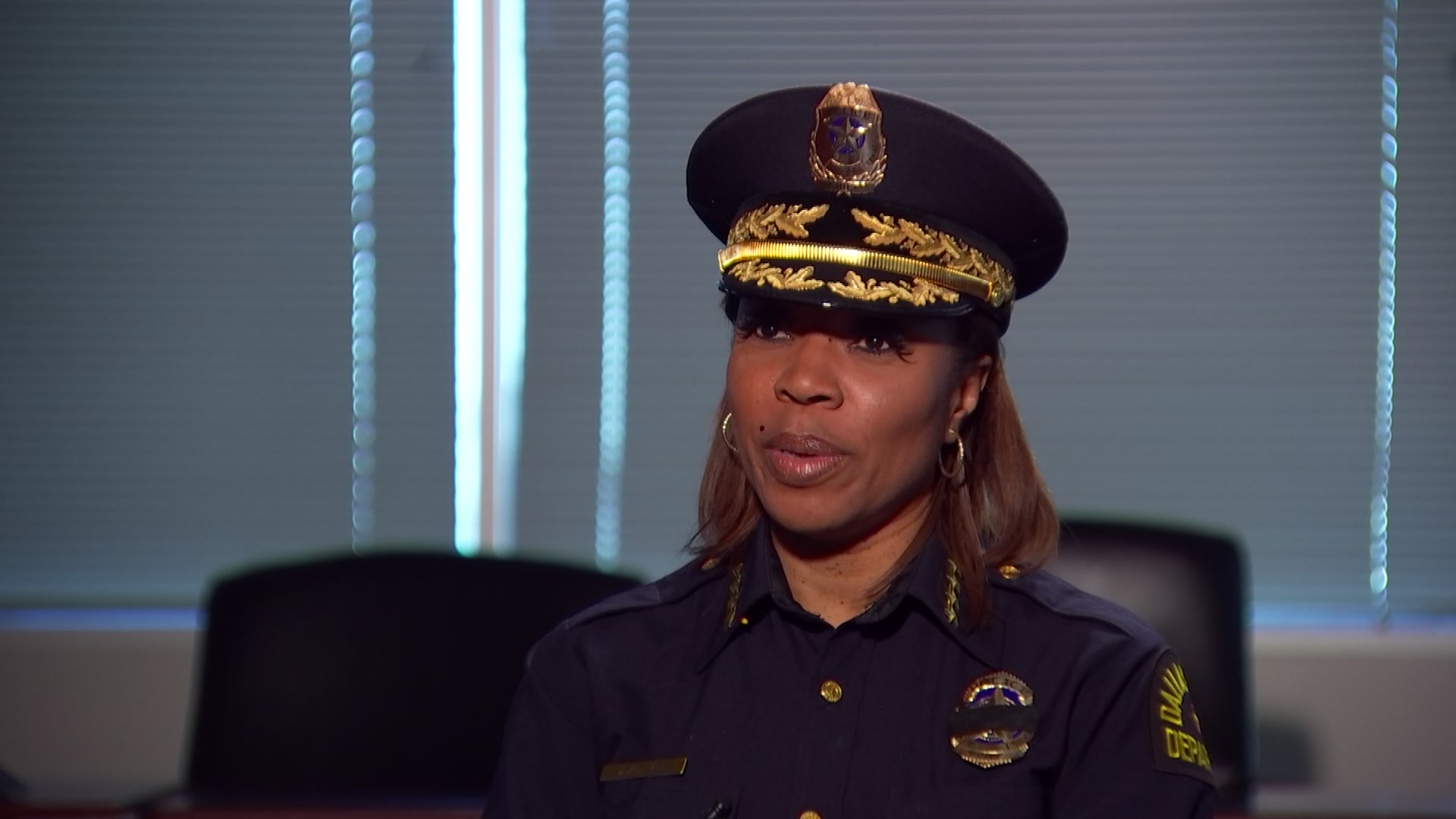Even as COVID-19 cases soar, contact tracers trying to slow the spread are sometimes running into resistance.
NBC 5 Investigates has learned, in some recent weeks, as many as half of people who have the virus or may have been exposed don't respond to contact tracing calls in Dallas and Fort Worth.
In some cases, health officials said people are resistant to speaking with contact tracers because of privacy fears. But there's also evidence that the response to contact tracing is becoming more politicized, similar to push back seen against wearing masks.
In Highland Park one group of school parents has lashed out against Dallas County's contact tracing efforts, calling tracing a "witch hunt."
With several North Texas counties reporting record numbers of COVID-19 cases, contact tracers now work day and night to alert people who have been exposed, warning them to quarantine and get tested.
But health officials report they're disheartened to see many people at risk refuse to answer calls.
NBC 5 Investigates
“Way back in May, we thought it was terrible when 13% were not responding. We got to where it was almost 50% not responding,” Russ Jones, Tarrant County Health Department’s chief epidemiologist, said.
Jones said if more people would talk to contact tracers it would help cut the number of cases.
"In a sense, it's save a life like your own and be concerned about your neighbor. That's what this whole disease is about," said Jones.
Officials report a variety of reasons people fear contact tracing. Some worry about privacy, especially in immigrant communities where people mistakenly believe information they share with contact tracers will be shared with immigration officials.
But there's also been push back from those who doubt the seriousness of the virus.
A group of parents in Highland Park recently formed a nonprofit that argues the response has been overblown and they have attacked Dallas County's contact tracing efforts in the Highland Park Independent School District.
The group called, Park Cities Parents Unite, said on it's website, "When the inevitable day comes that COVID is recognized as the biggest fraud in human history, our children will ask what we did to stop it."
The group refers to contact tracing as "the witch hunt" calling it, "oppressive and arguably unconstitutional" and saying, "we have never kicked children out of school for weeks on end during cold and flu season."
Members of Park Cities Parents Unite declined to speak to NBC 5 Investigates on camera, saying the group just recently hired a public relations firm and is not prepared to speak beyond the information posted on the website.
Dallas County Health Director Dr. Philip Huang told NBC5 Investigates statements referring to contact tracing as a “witch hunt” are “discouraging and unfortunate.”
“It’s a shame when things are mischaracterized,” Huang said, adding that his contact tracing team is simply seeking to reduce transmission of the virus. Huang said the county protects the privacy of information shared with contact tracers and works to limit the number of people asked to quarantine only to situations where science shows they are truly at risk.
Highland Park ISD told NBC 5 Investigates many parents in the district have been supportive of contact tracing efforts. In a recent message to families the district said, "We believe that the safety precautions that have been put in place ... including PPE requirements and diligence with contact tracing, have significantly limited the potential of spread on district campuses."
Syra Madad, senior director of the Special Pathogens Program at NYC Hospitals, said contact tracing played a key role in driving down COVID-19 cases to very low levels in New York over the summer.
“We were hit really hard with COVID-19. We flattened the curve,” said Madad.
Madad, whose work was featured on the popular Netflix documentary, "Pandemic: How to Prevent an Outbreak," said the city was able to trace 90% of cases because the city has a large tracing staff and also worked hard to dispel myths about tracing.
That's something she would like to see in more places where people are skeptical.
“I'm disheartened and it makes me think is that they're not informed, that they don't have the information that potentially that they need to make better decisions. And I think that's not just on them. it's also on public health,” said Madad.
Dallas County said it recently launched an updated text messaging system in the last several weeks that seems to be getting a better response rate. Tarrant County said it has also noticed some recent improvement in response because labs conducting COVID-19 testing have been providing lab results faster. When it was taking up to 10 days to get results, people were often less responsive to tracing because the calls came so late.
In both counties health officials said they wanted to reassure people who test positive for COVID-19 that contact tracers will not reveal their name to others. Tracers only tell people that they have come in contact with a person who tested positive and do not name the person.
If you test positive for COVID-19 and want to call the people you came in contact with yourself, in many cases contact tracers will tell you they are OK with that, especially given how busy they are right now.
In situations that are more complex, tracers may ask people to provide names so they can reach potential contacts directly. This is often done so tracers can help people access resources such as testing or a location to isolate.



